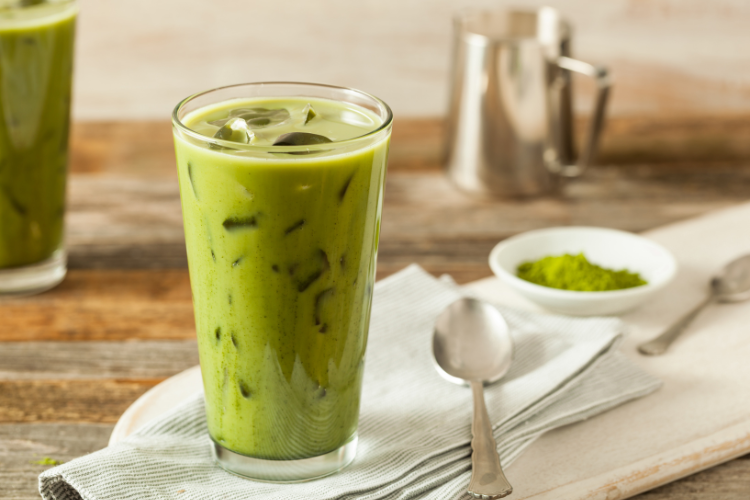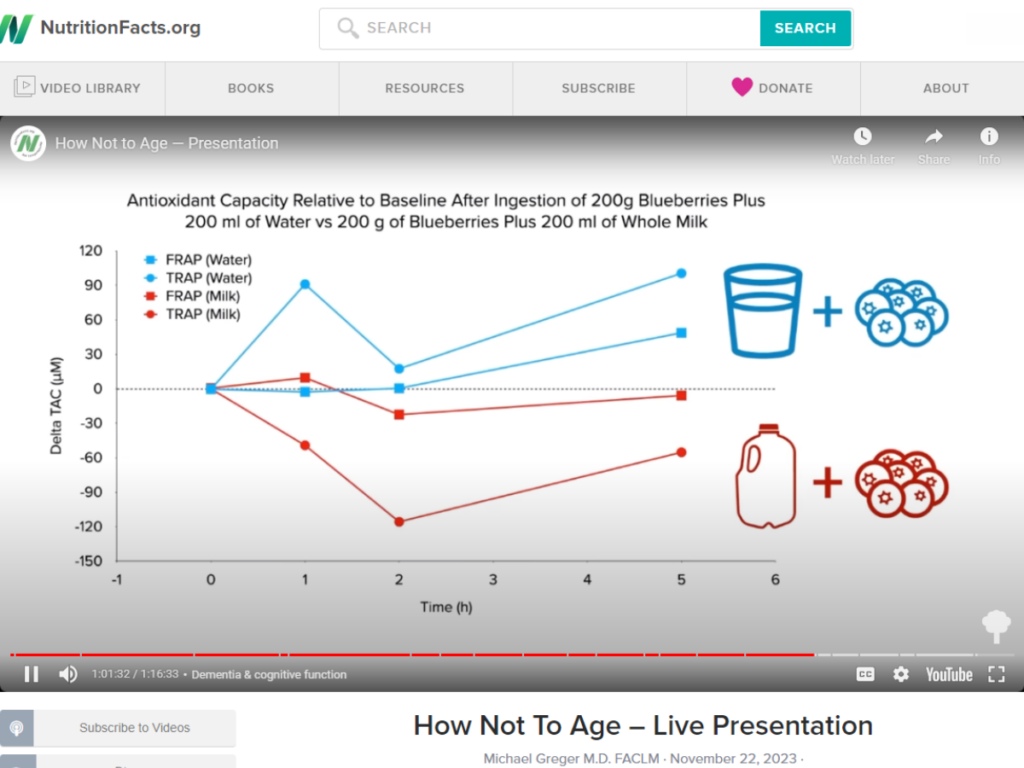Who doesn’t like a tasty, foamy, frothy matcha latte? Sprinkle a little cinnamon or dark chocolate on top, and it’s oh-so-yummy! But the question has been asked – Does adding dairy milk (from cow, sheep, or goat) to your matcha green tea beverages affect matcha’s potential health benefits? Or should you choose a plant-based milk alternative like almond or oat milk?
We discuss this popular and somewhat controversial Matcha Tea FAQ below. The answer may surprise you!

For many years, there was only one ‘tea with milk’ study stating that casein in dairy negatively affected the bioavailability of tea’s beneficial antioxidant polyphenols. Casein blocked the polyphenols from being absorbed, suggesting it was better not to add milk to tea at all, whether it was green tea, matcha, or black tea. ‘Black tea with milk’ drinkers around the world were not impressed!
What are Polyphenols?
Matcha tea’s polyphenols are a big part of why we at My Matcha Life® drink matcha tea. The most well-researched green tea polyphenol is matcha’s antioxidant catechin EGCG (epigallocatechin gallate). EGCG has been consistently shown to fight off excess free radicals and reduce inflammation, both main influencers for causing rapid aging, disease, and premature cell death.
Since there was only one study forming the basis for not adding dairy milk to matcha green tea, and it was done back in 2007, we have not given the study much credence. If you wished to put milk in your matcha tea, we said go ahead and enjoy it.

New Science Changes Everything
However, based on new science, we’ve changed our minds.
Several recent studies show that milk casein does not just inhibit matcha green tea’s antioxidant effect – of killing off unhealthy cells and boosting DNA repair – it also blocks the antioxidant absorption from other polyphenol-rich foods as well, such as black tea, chocolate, blueberries, and coffee.
In fact, one research team discovered that when participants consumed blueberries alongside milk, milk inhibited the antioxidant properties of the blueberries, and actually reduced the amount of antioxidants in the participants’ blood plasma to a level lower than was showing before! They don’t know why or how this happened, but it is what the data showed. See image below.

(image from NutritionFacts.org)
So, while these recent studies were not focused on green tea per se, the takeaway for us is that if a cross-section of foods known for their antioxidant health benefits are demonstrating a negative impact, or at the very least, not the desired positive effect when combined with dairy milk then we need to adjust our position on the topic.
Moving Forward
Based on the current evidence, if you drink matcha for its amazing health benefits as we do, we recommend not using dairy in your matcha lattes or matcha smoothies and shakes.
And, if you still love a frothy, foamy matcha latte sprinkled with tasty toppings, we say indulge and enjoy it. Maybe use a plant-based milk alternative instead, at least we’ve done our bit to help you make an educated choice.
References and Data:
This blog was inspired by Dr. Gregor’s new book and video “How Not to Age” https://nutritionfacts.org/video/how-not-to-age-live-presentation/
Image 1 (snipped from video at 1:01:37)
Blueberries and milk consumption
https://pubmed.ncbi.nlm.nih.gov/19135520/
“The ingestion of blueberries in association with milk, thus, impairs the in vivo antioxidant properties of blueberries and reduces the absorption of caffeic acid.”
Dark chocolate and milk
https://www.nature.com/articles/4241013a
“Our findings indicate that milk may interfere with the absorption of antioxidants from chocolate in vivo and may therefore negate the potential health benefits that can be derived from eating moderate amounts of dark chocolate.”
Effect of Simultaneous Consumption of Milk and Coffee on Chlorogenic Acids’ Bioavailability in Humans
https://pubmed.ncbi.nlm.nih.gov/21627318/
“Different studies have shown that milk may interact with polyphenols and affect their bioavailability in humans.” Conclusion: “the simultaneous consumption of milk and coffee may impair the bioavailability of coffee CGA (Chlorogenic Acid – Antioxidant) in humans.”
Addition of milk prevents vascular protective effects of tea
https://pubmed.ncbi.nlm.nih.gov/17213230/
Milk counteracts the favorable health effects of tea on vascular function.
Leave a Reply
You must be logged in to post a comment.